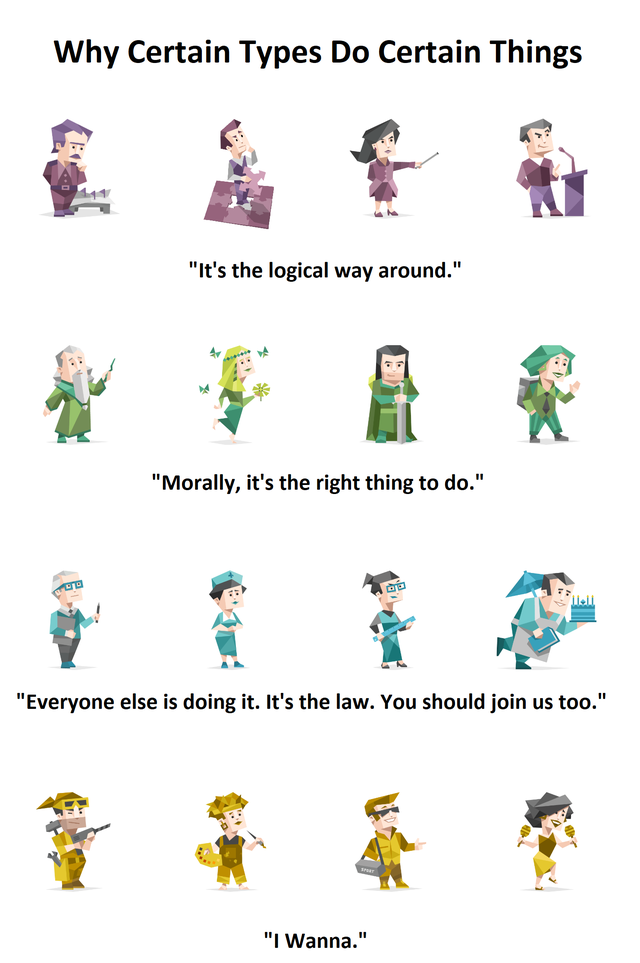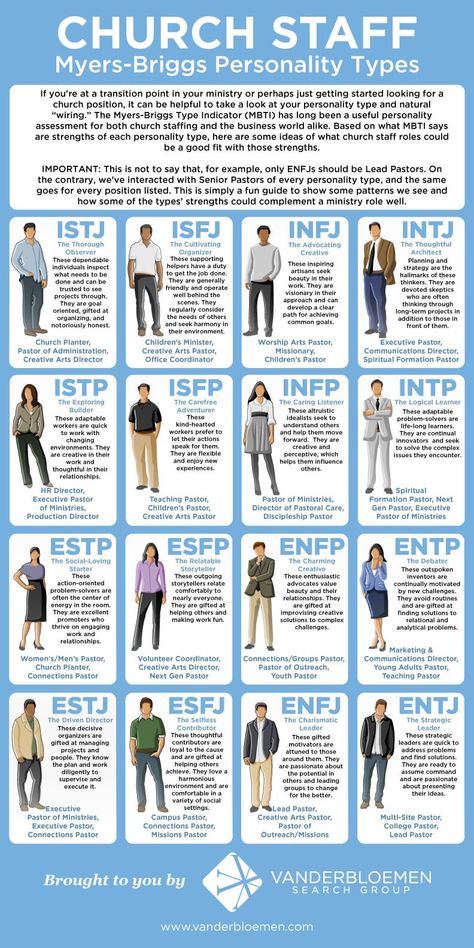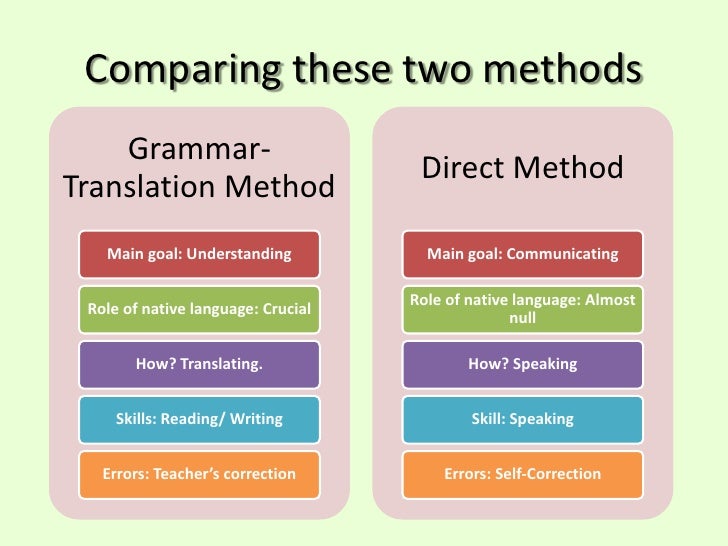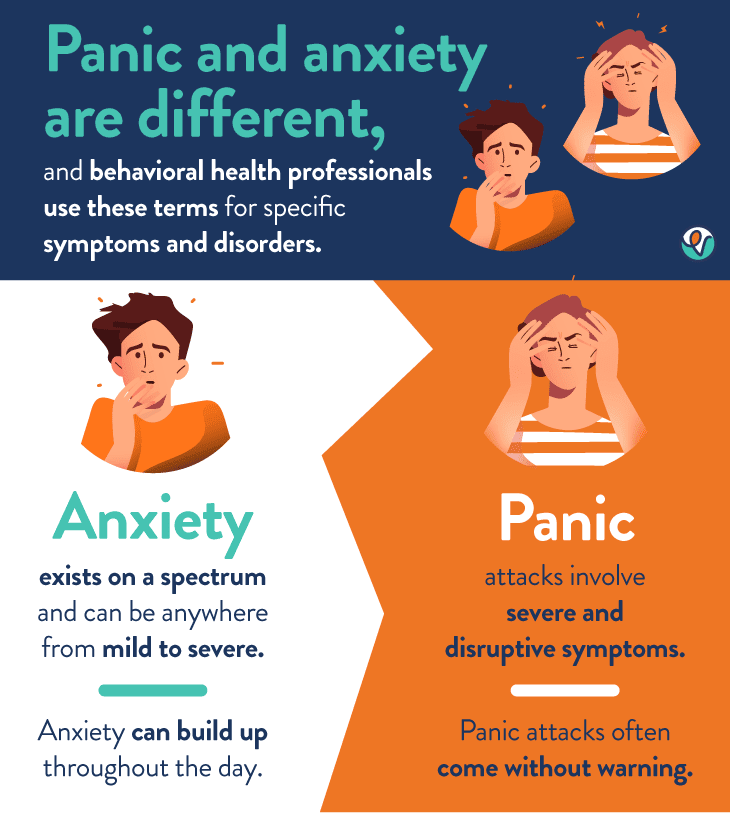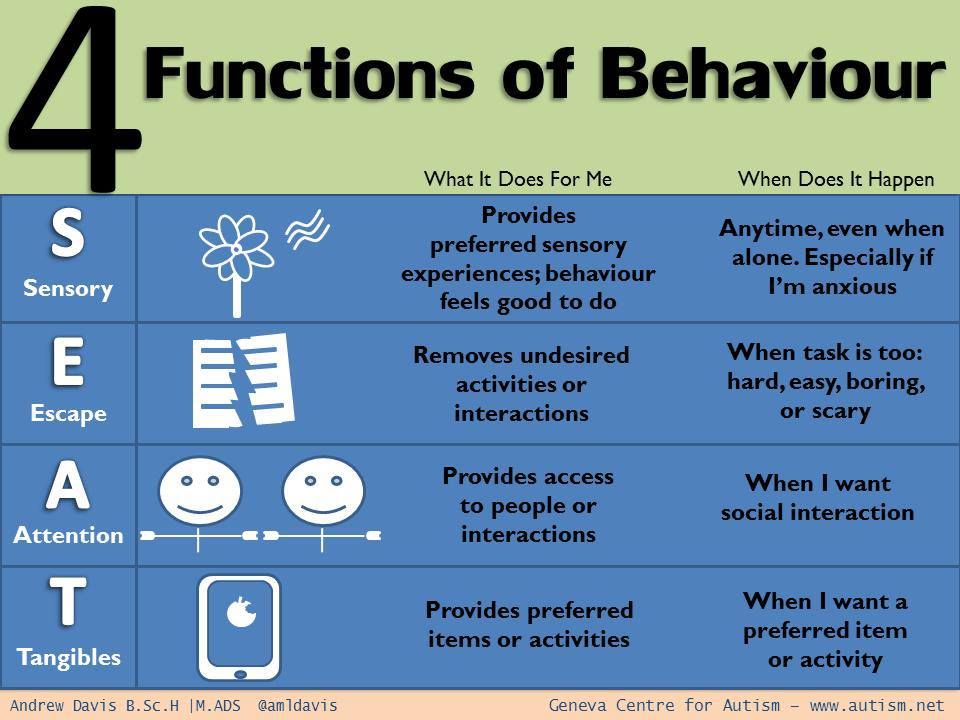Effects of abandonment in childhood
Fear of Abandonment: The Lasting Effects of Trauma
Katie is having trouble letting her 14-year-old son do things on his own, like riding his bicycle to school with friends, spending the night at a buddy’s house, or walking home from soccer practice. She knows she should start trusting him to be on his own so he can develop into an independent young man, but she just can’t seem to let go. Katie’s mother wasn’t there for her emotionally growing up. And her two older brothers received all of her mother’s attention, getting special treatment and affection while Katie was left to fend for herself, forcing her to grow up quickly and alone. Katie struggled with her fears of abandonment, and it’s evident in the way she overprotects her son.
Abandonment issues can stem from many root causes although they usually follow a traumatic event from childhood. Loss of a parent, divorce, and inadequate physical or emotional care can all create worries about being left. These strong feelings can remain into adulthood, and affect our relationships with those closest to us.
The loss of a parent, especially early in life, can make children anxious and fearful about being left alone. They may not understand that the remaining parent is returning after a long work trip or a day at the office, and see that as abandonment. Children are hard-wired to attach to their caretakers, and when those caretakers are gone, confusion and hurt set in. We learn how to develop personal relationships by modeling the adults present in our early years, and if those important influences are gone, the ability to create important relationships can be stunted.
Divorce can create similar feelings. Natalie’s mom and dad were always there for her during the first six years of her life, but now she lives with her mom full time. Her parents divorced and her dad has a new family, one with three little kids. Natalie sees her father one weekend a month, but it’s a far cry from what she’s used to. When Natalie is with her father, his attention is divided and Natalie feels lonely.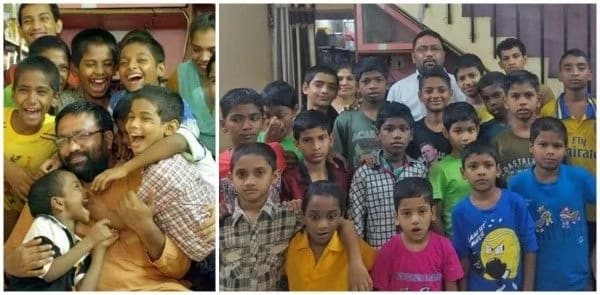 She doesn’t understand why her dad isn’t around as much and she worries that she might have done something to cause her parents split.
She doesn’t understand why her dad isn’t around as much and she worries that she might have done something to cause her parents split.
Even if a child has both parents present growing up, having a roof overhead and food on the table is not enough. If parents do not give the child’s emotional needs a high priority it can be just as devastating as losing a parent. Being neglected physically can be harmful as well. Parents have a responsibility to care for the physical and emotional needs of their children, and if those needs are not met the children may feel as if they aren’t worth being cared for.
In adults, an unwanted separation or divorce can cause feelings of abandonment. The spouse who is left behind often feels unworthy of love, not completely comprehending why the marriage is over. Even the death of a loved one can feel like abandonment to the person left behind.
Psychological Effects of AbandonmentLow self-esteem, feelings of unworthiness, striving for perfection, and avoiding conflict can all be the result of abandonment issues. Children who grew up in less than ideal households may feel unlovable and sabotage meaningful adult relationships by pushing people away. Others may fear conflict so intensely that they will avoid confrontation at all times, sidestepping important conversations to feel more comfortable or agreeing to do things they may not want to. Fear of abandonment may also cause adults to strive for perfection in relationships, something that is certainly achievable and causes feelings of inadequacy and failure.
Children who grew up in less than ideal households may feel unlovable and sabotage meaningful adult relationships by pushing people away. Others may fear conflict so intensely that they will avoid confrontation at all times, sidestepping important conversations to feel more comfortable or agreeing to do things they may not want to. Fear of abandonment may also cause adults to strive for perfection in relationships, something that is certainly achievable and causes feelings of inadequacy and failure.
For those with children, their parenting may be affected by their abandonment fears. They may have problems letting go or trusting their children to do things on their own. They may try to prevent children from experiencing pain by trying to control every minute detail of their lives.
How to HelpAbandonment issues, while extremely common, can be dealt with. Be aware of your feelings and remind yourself that your childhood should not control how you live, love, or raise your children.
Here are some things to keep in mind:
- Give your self-esteem a boost by writing down positive things about yourself.
- Make time to grieve. It is the first step to moving on.
- Recognize your negative or toxic emotions, such as guilt and anger, and confront them by looking for the more vulnerable emotions underneath the surface, such as sadness and worry.
- Ask friends and family to help you come up with more appropriate coping skills and be there to support you on the rough days.
The long-term emotional affects of abandonment are strong and the hurt is deep. If your past is haunting your present, and you feel that professional advice would help, please feel free to contact me.
Cover photo: Xabier.M flickr
The Long-Term Effects of Abandonment
One of the most egregious behaviors a parent or other caregiver can do to a child is to abandon them, allowing them to suffer alone. The damages done to the child when grown are significant and should not be ignored.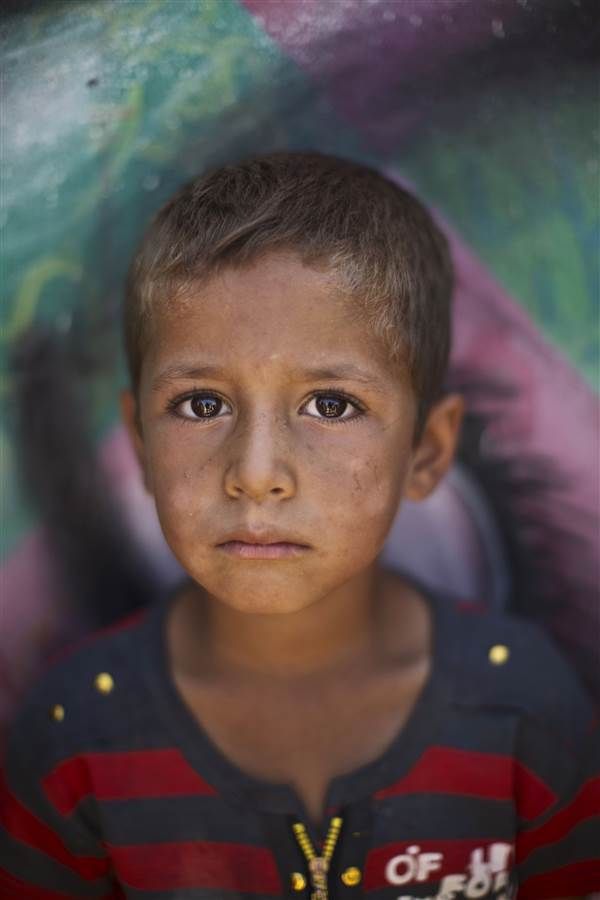
In this article, we shall examine together what childhood abandonment is, how it affects adults, and ways to mitigate the power it has over our lives.
What is Abandonment?All children are entirely dependent upon parents or caregivers for their safety in their environment. When these caretakers fail to offer support and meet the child’s needs, emotionally and physically, they are said to have abandoned their child.
When parents abandon their children, their kids grow up feeling unsafe in the world and feeling people cannot be trusted. These unsafe feelings lead to the child experiencing emotions where they feel they do not deserve positive attention or adequate care.
For many children, abandonment is physical and may include:
- Lack of supervision
- Physical or sexual abuse
- Narcissistic abuse
- The inappropriate offering of nutrition
- Inadequate clothes, heat, shelter, or housing
For other children, abandonment takes the form of emotional neglect and abuse when parents do not give to their children emotional conditions and environments that are necessary for their healthy development.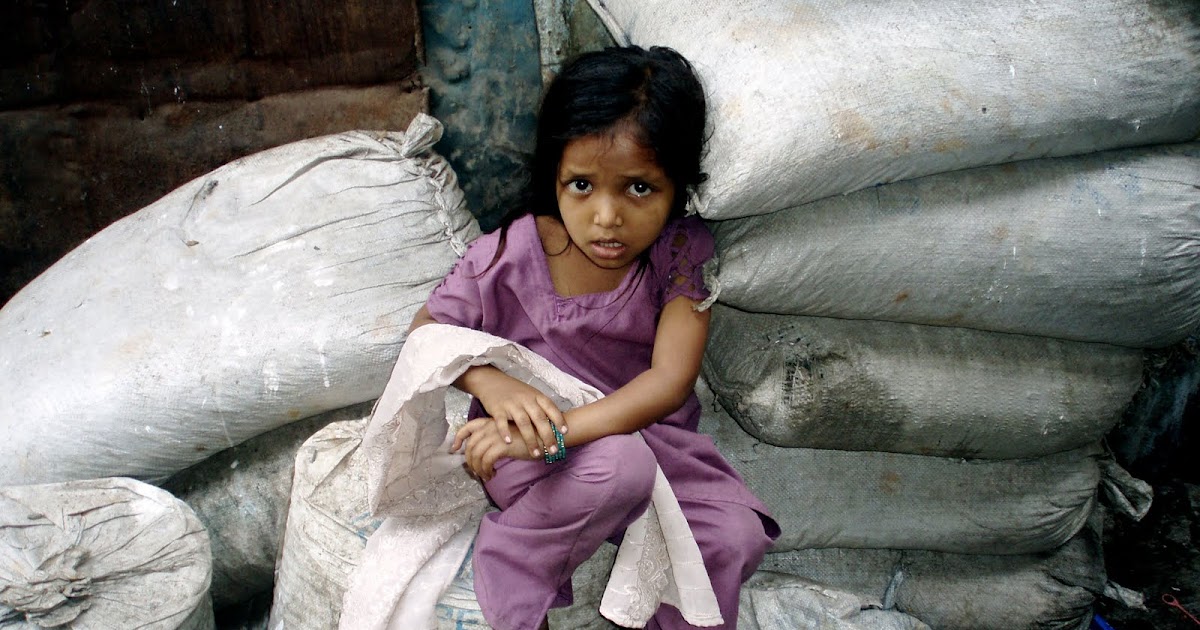
The child is left feeling inadequate, rejected, and damaged, needing to hide themselves away from others knowing who they are on the inside. Abandoned children are left believing it is not okay to make mistakes, that it is not okay to show their genuine emotions, that they should not have needs, and that it is not okay to be successful.
Fear of Abandonment in AdulthoodBecause they were neglected and abused as children, many adults grow up having internalized all the messages they received from their parents when they were young. Also, because they craved attention from their abusive parents, many adults grow up fearing losing the love of those they have in their lives.
Fear of abandonment is not a mental illness by itself but rather a form of anxiety that can negatively affect those who experience it. Adults experiencing abandonment issues often experience problems in their relationships because they fear the other person will leave them.
It is vital to recognize the signs of abandonment issues so that these issues may be tackled head-on. They include:
- They fear giving too much in a relationship.
- They push people away to avoid rejection.
- They are often people pleasers.
- They experience codependency.
- They feel insecure in intimate relationships and friendships.
- They require repeated reassurances that they are loved.
- They feel the need to control others.
- They jump from one relationship to another.
- They often will sabotage their relationships.
Other symptoms that may challenge a survivor of abandonment’s life include the following:
- Constant worry
- Panic or anxiety
- Fear of being alone
- Isolation
- Frequent physical illnesses
- Low self-esteem
- Addiction
- Disordered eating
- Self-harm
Knowing the signs and symptoms can help you fight abandonment issues.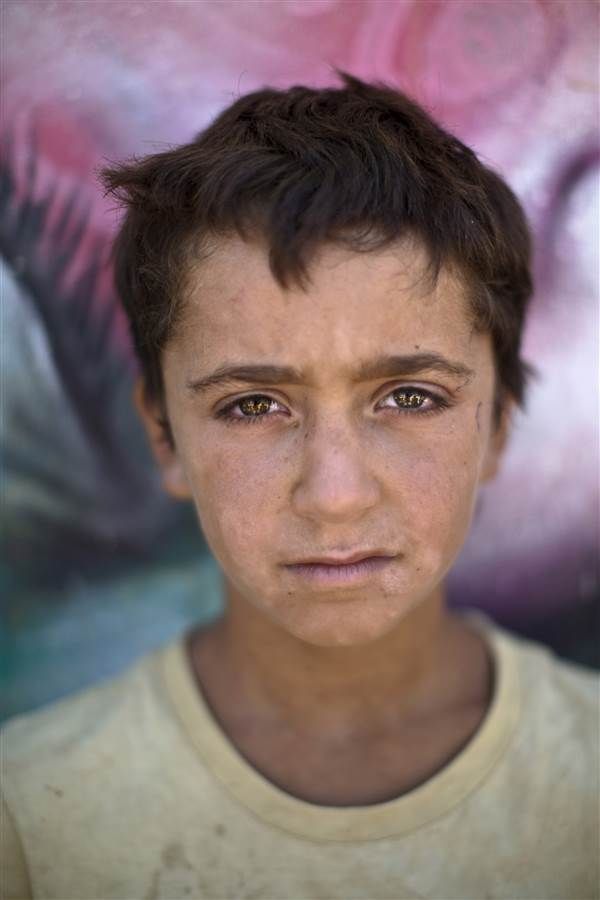
People who have experienced abandonment might be more likely to have long-term mental health disorders, often based on the fear the abandonment will happen again in their adult relationships. Mood swings and anger issues later in life can often be traced to abandonment in infancy due to the lack of emotional and other support from parents.
Some of the mental health conditions thought to be heavily influenced by abandonment include:
- Anxiety
- Depression
- Codependency
- Attachment anxiety
- Borderline personality disorder
For someone who lacks self-esteem due to childhood abandonment, the fear of being abandoned again becomes a self-fulfilling prophecy as their clinginess, and other negative behaviors tend to push away potential life partners and friends.
Other long-term consequences affect future generations of those who experienced abandonment as a child. A recent study, published in Biological Psychiatry: Cognitive Neuroscience and Neuroimaging found that the offspring of the abandoned and neglected inherit brain abnormalities from their mothers show up as functional dysconnectivity between the amygdala and medial prefrontal regions of their children’s brains shortly after birth.
A recent study, published in Biological Psychiatry: Cognitive Neuroscience and Neuroimaging found that the offspring of the abandoned and neglected inherit brain abnormalities from their mothers show up as functional dysconnectivity between the amygdala and medial prefrontal regions of their children’s brains shortly after birth.
The Treatments for Childhood Abandonment in Adults
The treatment of abandonment issues focuses mainly on establishing healthy emotional boundaries and building a plethora of new responses when old thought patterns of fear begin to emerge or reemerge.
There are two primary treatments for abandonment that work tightly together to treat abandonment and neglect issues, including the following.
Psychotherapy. While psychotherapy is not for everyone, seeking out a mental health professional’s help can help those who were the victims of childhood abandonment and neglect. They can learn to overcome their fears of being abandoned again.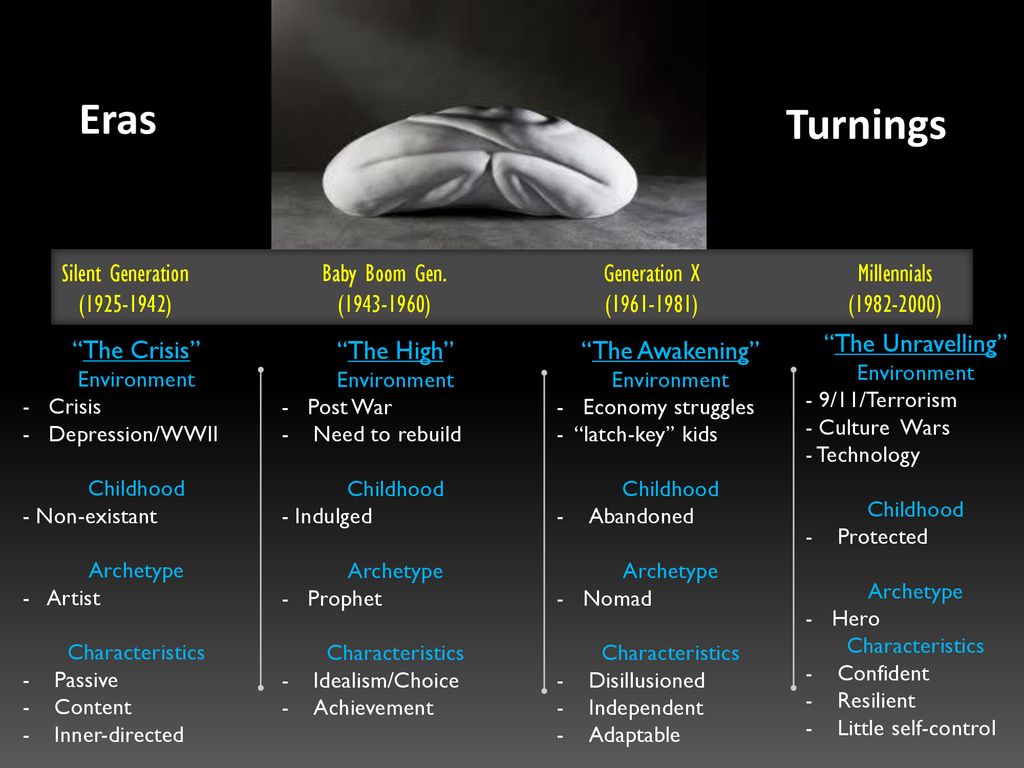 Therapists work with their clients to understand where the fear originates and how it affects their relationships.
Therapists work with their clients to understand where the fear originates and how it affects their relationships.
Self-Care. Self-care includes making sure the survivor healthily meets their emotional needs by forming friendships and relationships and allowing themselves to trust.
Should you love someone who has abandonment issues, there are ways you can support them while they heal.
Validate their fears. This means that you should acknowledge their feelings of abandonment without judgment. This move is vital to maintaining open communication. Validating a loved one’s fears doesn’t mean agreeing with them, but instead, supporting their feelings to further build on trust and compassion.
You can do this by following the six-level approach mentioned in Psychology Today.
- Be present and actively listen to their concerns.
- Reflect and summarize your loved one’s feelings verbally and without judgment.
- Become a mind-reader, and by listening to what they say help them identify their emotions.
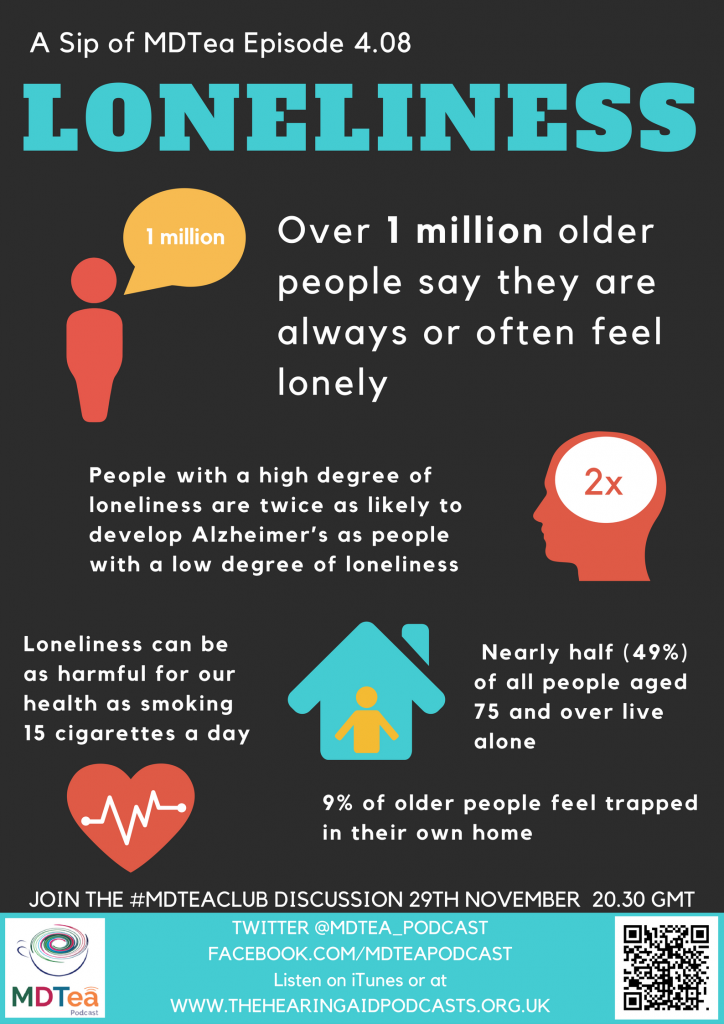
- Understand their history so you can openly state that you understand when circumstances trigger their past history of abandonment.
- “Normalize” their fears by acknowledging the fact that others with their history have fears of abandonment and that their feelings are understandable.
- Use radical genuineness to deeply validate your loved one and share your loved one’s fears as your own.
The treatment of abandonment anxiety can be very successful, but it requires commitment and self-care. Many people with abandonment issues do not see how destructive their behaviors have been to their relationships until it is pointed out to them and they begin to heal.
However, treatment can teach new ways of thinking and coping to end the overarching and debilitating power of abandonment in childhood.
“A friend is someone who knows all about you and still loves you.” ~Elbert Hubbard
“Being deeply loved by someone gives you strength while loving someone deeply gives you courage. ” ~ Lao Tzu
” ~ Lao Tzu
20 signs someone has abandonment issues. (2017, September 8). Retrieved from https://www.aconsciousrethink.com/6064/signs-abandonment-issues
Abandonment & attachment-related trauma treatment & rehab center. (n.d.). Retrieved from http://www.therefuge-ahealingplace.com/ptsd-treatment/abandonment
Hendrix, C. L., Dilks, D. D., McKenna, B. G., Dunlop, A. L., Corwin, E. J., & Brennan, P. A. (2020). Maternal childhood adversity associates with frontalamygdala connectivity in neonates. Biological Psychiatry: Cognitive Neuroscience and Neuroimaging.
Megase, K. (2016, March 3). How fear of abandonment affects relationships. Retrieved from https://www.counselling-directory.org.uk/counsellor-articles/how-fear-of-abandonment-affects-relationships
Schoenfelder, E. N., Sandler, I. N., Wolchik, S., & MacKinnon, D. (2011). Quality of social relationships and the development of depression in parentally-bereaved youth.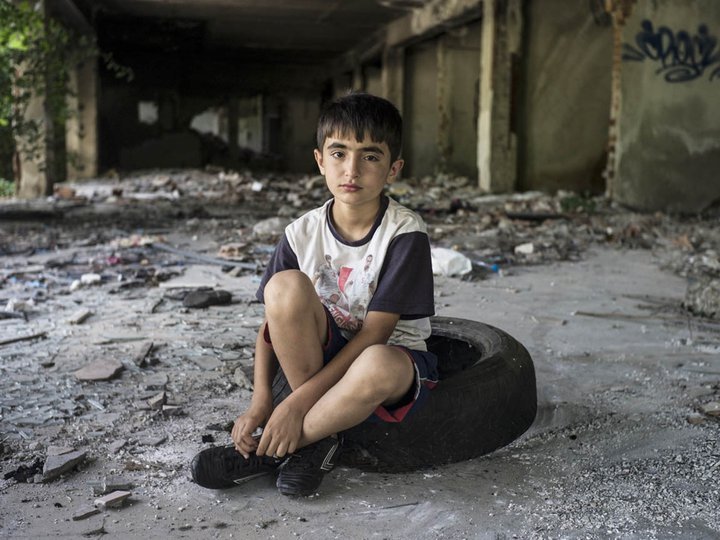 Journal of Youth and Adolescence, 40(1), 85-96. Retrieved from http://search.proquest.com/docview/821697890?accountid=1229
Journal of Youth and Adolescence, 40(1), 85-96. Retrieved from http://search.proquest.com/docview/821697890?accountid=1229
Wade, B. (1995, 04). Fear of abandonment. Essence, 25(79). Retrieved from http://search.proquest.com/docview/223174140?accountid=1229
Rescuing My Inner Child
A Compassionate Guide to Talking about LBGTQ Issues
The Human Autonomic Nervous System and Emotional Flashbacks
Shirley Davis
My name is Shirley Davis and I am a freelance writer with over 40-years- experience writing short stories and poetry. Living as I do among the corn and bean fields of Illinois (USA), working from home using the Internet has become the best way to communicate with the world. My interests are wide and varied. I love any kind of science and read several research papers per week to satisfy my curiosity. I have earned an Associate Degree in Psychology and enjoy writing books on the subjects that most interest me.
I have earned an Associate Degree in Psychology and enjoy writing books on the subjects that most interest me.
Consequences of childhood rejection | Mothers today
When a child is abandoned, this leads to indelible consequences, especially if they occur in the early stages of their development. Lack of care and displays of affection is considered a rejection. What happens in the early years of our lives will reflect our beliefs, memories, memories and how we interpret reality. d. Whether the child is still very small or not, the information is stored even if she is unconscious. Let's see what the consequences of childhood rejection are.
Index
- 1 How does child abandonment affect children?
- 2 Trace trauma
How does child abandonment affect children?
The rejection of life affects many areas of development in the smallest p. It's not just about physical rejection on the part of a parent, but that he may feel abandoned by being physically but oblivious to their needs. An authoritarian father, a mother who doesn't listen to her son's needs, a demanding father, or a mother who puts the relationship ahead of her son. This is a heartbreaking situation for any child. The psychological consequences associated with abandoning children are very serious. Let's see what they are:
It's not just about physical rejection on the part of a parent, but that he may feel abandoned by being physically but oblivious to their needs. An authoritarian father, a mother who doesn't listen to her son's needs, a demanding father, or a mother who puts the relationship ahead of her son. This is a heartbreaking situation for any child. The psychological consequences associated with abandoning children are very serious. Let's see what they are:
No wish list yet?: Create your free birth list
- This affects their social and emotional development. The pain of abandonment affects relationships with others. If the person who is supposed to give us their unconditional love leaves us, establishing a healthy relationship will tell us more. There will be 90,005 insecure adults with guilt and low self-esteem 90,006. The fear of being abandoned will be present and this gap will be very difficult to fill.
- Fear of rejection .
 Just as there is a fear of abandonment, the fear of rejection will affect your relationships throughout your life. In order not to repeat the feeling of abandonment of your childhood , it will be difficult for you to establish a stable relationship with when he becomes an adult, so as not to feel vulnerable. It will be difficult for you to trust others, you will feel insecure, and you will also make decisions.
Just as there is a fear of abandonment, the fear of rejection will affect your relationships throughout your life. In order not to repeat the feeling of abandonment of your childhood , it will be difficult for you to establish a stable relationship with when he becomes an adult, so as not to feel vulnerable. It will be difficult for you to trust others, you will feel insecure, and you will also make decisions. - Sense of responsibility . Children do not understand what is happening and blame themselves for the departure of their father's or mother's referent. They feel they are responsible for what they did wrong and feel responsible.
- Dependent person . They need the approval and recognition of others and seek them out. They can choose the role of tyrant not to show off and have control, or they can also choose the role of victim . They tend to give a lot to get a lot, and when they don't get it, they get frustrated.

- Feeling unworthy of love. When you do not feel entitled to be loved, you usually boycott relationships where may seem otherwise. They will not know how to manage the feelings they receive and will perceive them as a vulnerability to future rejection.
- Psychomotor retardation . In studies involving children who were in orphanages with no physical and emotional support, a higher proportion of cases of autism were found in these children and psychomotor retardation in children and adolescents aged 6 to 15 years. This delay was compensated by adults, but instead had more emotional problems.
- Influences your idea of a family . Although we are too young to remember it, everything we experience remains in our memory. From our experiences and experiences, they will shape our beliefs and ways of interpreting situations.
A trace of trauma
Not all children abandoned by their father, mother, or both necessarily have all of these consequences. Not all of us express and bear pain in the same way , although there will always be a trace of injury.
Not all of us express and bear pain in the same way , although there will always be a trace of injury.
Wounds of abandonment in children are difficult to heal . Through therapy with a specialist, you can heal damaged self-esteem, work on self-esteem, negative beliefs associated with it, release the past, express your feelings and emotions, and alleviate emotional damage. It won't undo all the damage caused by neglect, but you can learn to live with it.
Because remember... children need love and care from their parents or authority figures. If it is not received, the damage will be for life.
The content of the article complies with our principles of editorial ethics. To report a bug, click here.
You may be interested
Is it possible to achieve success in life if you were not loved in childhood
Mothers are different, some manage to instill in their children fear and a sense of their own worthlessness and inferiority for life.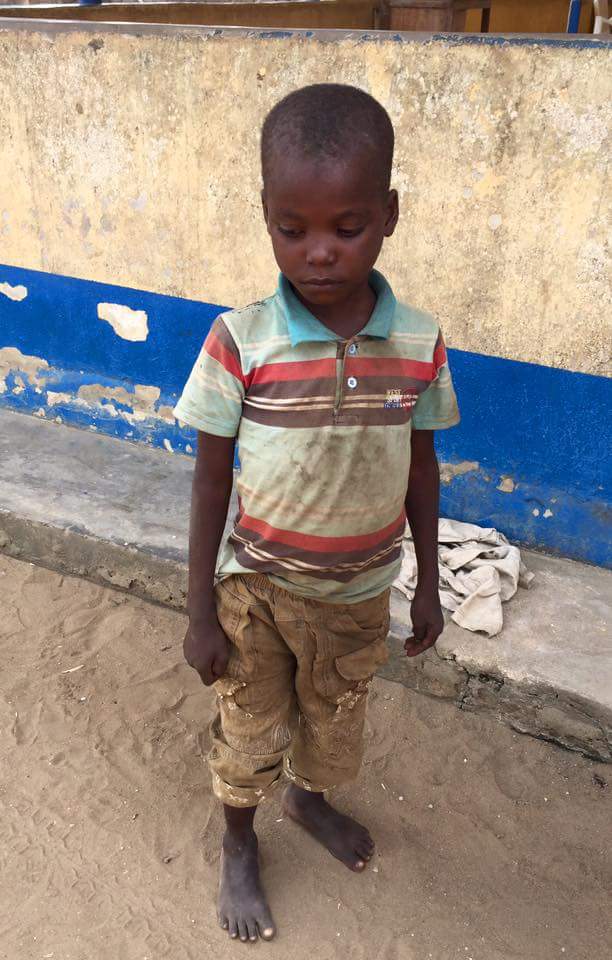 But it is in the power of every “unloved” already adult person to change his attitude towards himself. Peg Streep tells how to do this in the book “Unloved Daughter. How to leave a traumatic relationship with your mother behind and start a new life.0006
But it is in the power of every “unloved” already adult person to change his attitude towards himself. Peg Streep tells how to do this in the book “Unloved Daughter. How to leave a traumatic relationship with your mother behind and start a new life.0006
Why is there a voice in the head of some women that urges them to move forward, while for others this voice insists on inferiority and urges them to give up all attempts to achieve something? Perhaps because their mother did not love them in childhood, says Peg Streep, publicist, author of the book “Unloved Daughter. How to leave a traumatic relationship with your mother behind and start a new life. The translation of the Alpina Non-Fiction publishing house will be available on the shelves at the end of June. In the meantime, we publish a small excerpt.
The last two decades have brought amazing discoveries about the functioning and development of the brain, which, as scientists now know, reaches full maturity well after childhood ends, between 25 and 30 years of age. (It was long believed that brain maturation was completed at the same time that skeletal and skull growth ended in late adolescence.) The human brain develops from the bottom up: the newborn has fully formed primitive areas of the brain responsible for automatic functions, such as breathing. The higher brain - the areas that control emotions, speech and abstract thinking - matures in the first three years of life. The brain of a three-year-old baby reaches 90% adult brain size. During these years, an avalanche-like formation of synapses occurs, forming many more connections than required, and at the end of the childhood period, getting rid of the excess.
(It was long believed that brain maturation was completed at the same time that skeletal and skull growth ended in late adolescence.) The human brain develops from the bottom up: the newborn has fully formed primitive areas of the brain responsible for automatic functions, such as breathing. The higher brain - the areas that control emotions, speech and abstract thinking - matures in the first three years of life. The brain of a three-year-old baby reaches 90% adult brain size. During these years, an avalanche-like formation of synapses occurs, forming many more connections than required, and at the end of the childhood period, getting rid of the excess.
There is amazing evidence that the child's brain literally adapts to the conditions of the environment in which it finds itself. This discovery, made by a group of scientists led by Martin Teicher, is of tremendous importance. It means that our genes create the foundation and structure of the brain, and all its connections - both neural and ensuring the independent and joint functioning of its individual parts - are shaped by experience. At the same time, the brain reacts with equal readiness to an unfavorable and favorable environment, and, as psychologist Alan Shor writes, positive and negative experiences equally determine the structure of the brain, contributing to optimal development or hindering it.
At the same time, the brain reacts with equal readiness to an unfavorable and favorable environment, and, as psychologist Alan Shor writes, positive and negative experiences equally determine the structure of the brain, contributing to optimal development or hindering it.
Again, this should not be understood metaphorically, but literally. We have to “thank” evolution for this adaptability, since in stressful situations the brain switches to survival mode, reorienting itself to combat stress...
Now let's get acquainted with the consequences of negative behavior, especially verbal violence. Insults have a particularly powerful, long-term, and persistent effect on the brain.
Research has identified areas of the brain most affected by it: the corpus callosum (responsible for the transmission of motor, sensory and cognitive information between the hemispheres), the hippocampus (the part of the limbic system that regulates emotions) and the frontal lobe (controlling thinking and decision making). Psychiatrist Akemi Tomoda and other scientists have shown a link between verbal abuse and changes in the gray matter of the brain. This means that the experience of interaction early in a child's life creates a regulatory system—the brain—that may or may not be able to work with emotions, manage stress optimally, and create close emotional bonds. Insecurely attached daughters tend to have difficulty controlling their emotions, exhibit maladaptive behavior, tend to be anxious and depressed, and have poor mental and physical health. But if you've been abused, don't despair. Fortunately, the brain retains plasticity — the ability to form new neural connections — throughout life. We will discuss the consequences of verbal violence in more detail in the next chapter. However, the bottom line is this: While maltreatment and verbal abuse affect the brain, these effects can be reversed...
Psychiatrist Akemi Tomoda and other scientists have shown a link between verbal abuse and changes in the gray matter of the brain. This means that the experience of interaction early in a child's life creates a regulatory system—the brain—that may or may not be able to work with emotions, manage stress optimally, and create close emotional bonds. Insecurely attached daughters tend to have difficulty controlling their emotions, exhibit maladaptive behavior, tend to be anxious and depressed, and have poor mental and physical health. But if you've been abused, don't despair. Fortunately, the brain retains plasticity — the ability to form new neural connections — throughout life. We will discuss the consequences of verbal violence in more detail in the next chapter. However, the bottom line is this: While maltreatment and verbal abuse affect the brain, these effects can be reversed...
Among the many theories of personality, one explains better than others how the relationship with the mother affects the daughter. According to this theory, put forward by Andrew Elliott and Todd Thrash, people are characterized by a desire either to a greater extent to get closer or to avoid. These two tendencies are innate in humans and all other biological species. We seek what can be profitable for us and make us happy, and we avoid what threatens to harm or hurt us. This feature makes us related to earthworms, elephants and amoebas. However, Elliot and Thrash's theory goes much further than innate predisposition and describes differences between people based on which of two stimuli is predominant for them.
According to this theory, put forward by Andrew Elliott and Todd Thrash, people are characterized by a desire either to a greater extent to get closer or to avoid. These two tendencies are innate in humans and all other biological species. We seek what can be profitable for us and make us happy, and we avoid what threatens to harm or hurt us. This feature makes us related to earthworms, elephants and amoebas. However, Elliot and Thrash's theory goes much further than innate predisposition and describes differences between people based on which of two stimuli is predominant for them.
The difference is due to childhood experience. What motivates one girl to set ambitious goals for herself, to be ready for possible failures and cope with them, and why does another girl see trials as nothing but the risk of failure and humiliation? Why does a voice sound in the head of some women, encouraging them to move forward (rapprochement), while in others this voice insists that she is inferior, not good enough, so there is nothing to try, she will only be humiliated and ridiculed (avoidance)?
It's all about attachment style. A securely attached girl is motivated to achieve her goals, while an insecurely attached girl focuses primarily on avoiding negative consequences. Remember that we all at times—depending on the situation—shift our focus either toward approach or avoidance; the difference between us is predetermined by the hidden general tendency and type of reactions that influence every decision, the thought process in every area of life, including work and personal relationships.
The behavior of unloved daughters, whose main stimulus is avoidance, is driven by the fear of failure—or rather, the shame associated with failure. Often this causes them to shy away from challenges because they seem too difficult, and from change because they are impossible, and leave everything as it is, whether it brings happiness or not. Elliot and Thrash's study of college students found that subjects' fear of failure was closely related to childhood mothers denying them love when they broke the rules or acted in ways that aroused maternal displeasure. (Importantly, this study relied on students' own reports of their relationship with their mothers, as well as ratings on the attachment scale.)
Withdrawal of love from a parent when a child makes a mistake, breaks a rule, or disappoints can take many forms: a cold stare, an unwillingness to talk or look at the child, an expression of dislike, physical distance, isolation in another room - symbolic exile or, what even worse, the threat of being sent away from the parental home. These scenarios are familiar to many unloved daughters. Interestingly, the study found no such cases of rejection by fathers. In the following, we will consider the forms of maternal behavior that most often lead to the fact that the behavior of daughters is guided by the motive of avoidance, and the consequences of this.
The experiment done by Heather Lench and Linda Levin is particularly revealing in this respect. The scientists asked the participants to define themselves as approach or avoidance oriented and gave them three sets of seven anagrams to solve in a given time. The participants in the experiment did not know that the tasks of the first group were not solvable. Approach-focused people were able to leave the first set of tasks and move on, while avoidance-focused people continued to thrash around and fail the entire test.
In the second study, Lench and Levin did not ask subjects to describe themselves, but divided them into two groups. Participants in one group were told that the test assessed their verbal intelligence and that they should try to succeed, while the other group was told that the test assessed their weakness in speech and that they should avoid failure at all costs. Once again, people given the task of avoiding failure stuck with the first seven anagrams, gave way to frustration and anger, and failed the test.


